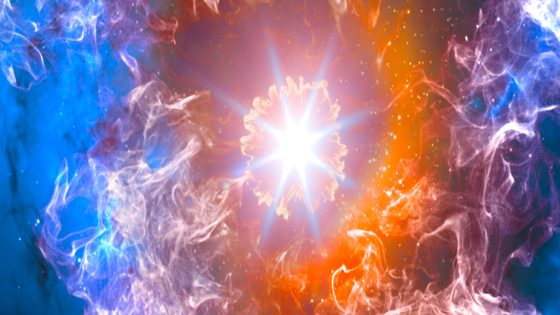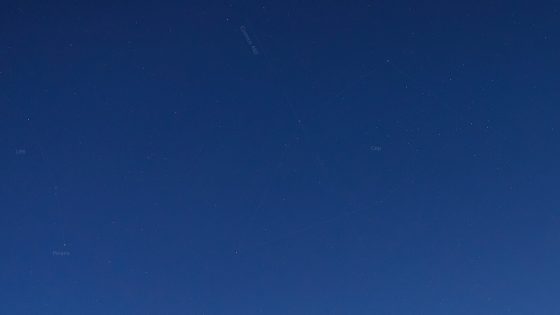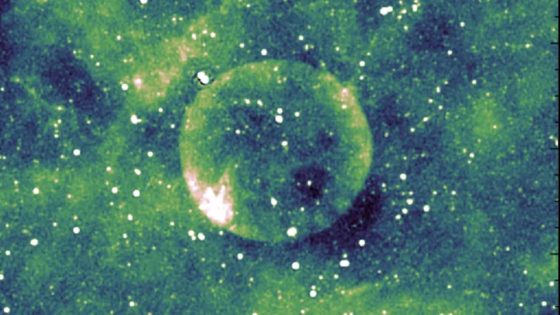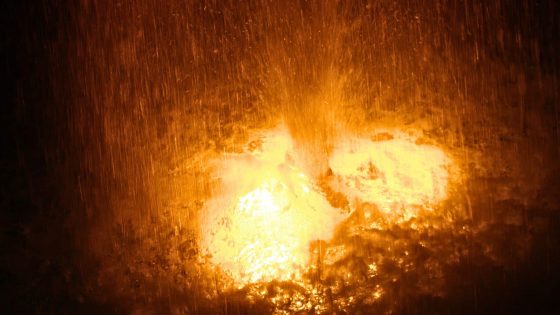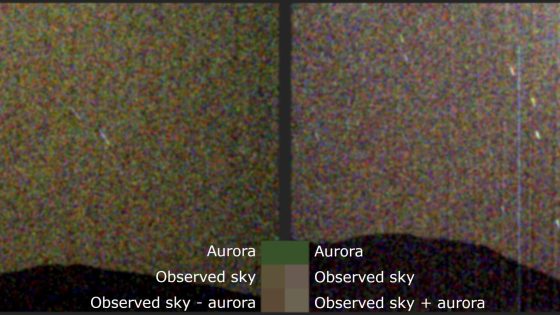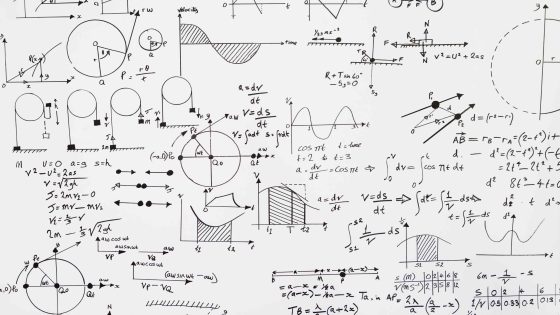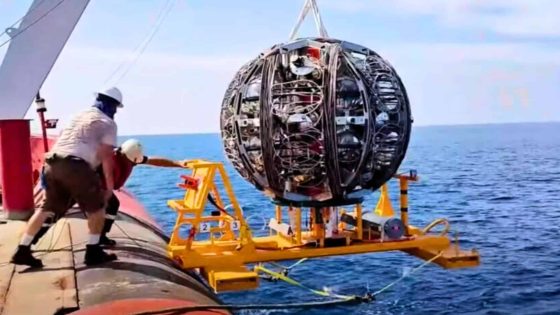The Big Bang is often seen as the explosive birth of the Universe, but what if it wasn’t the beginning? A new paper published on 2025-06-04 23:01:00 in Physical Review D presents a radical alternative: the Universe may have emerged from a black hole’s gravitational collapse, followed by a bounce.
- Big Bang may not be the universe's beginning.
- New model proposes black hole universe concept.
- Gravitational collapse can lead to a bounce.
- Quantum mechanics alters singularity outcomes.
- Predictions include slight positive spatial curvature.
- Universe exists within a larger parent universe.
This “black hole universe” theory challenges traditional cosmology, which relies on the Big Bang model and cosmic inflation. While the standard model has effectively explained many cosmic phenomena, it leaves fundamental questions unanswered, such as the origin of the Universe and the nature of dark energy.
This innovative perspective raises intriguing questions about our understanding of the cosmos. Could the Universe be part of a larger cycle, rather than a singular event? The implications are profound:
- Our observable Universe may lie inside a black hole from a “parent” universe.
- The model provides a framework for understanding dark matter and galaxy evolution.
- It predicts a slight positive curvature of the Universe, awaiting confirmation from future observations.
- This approach integrates quantum mechanics with general relativity, avoiding speculative physics.
As we continue to explore these groundbreaking ideas, future research and observations may unlock new chapters in our understanding of the cosmos, urging scientists to rethink the very nature of existence.



